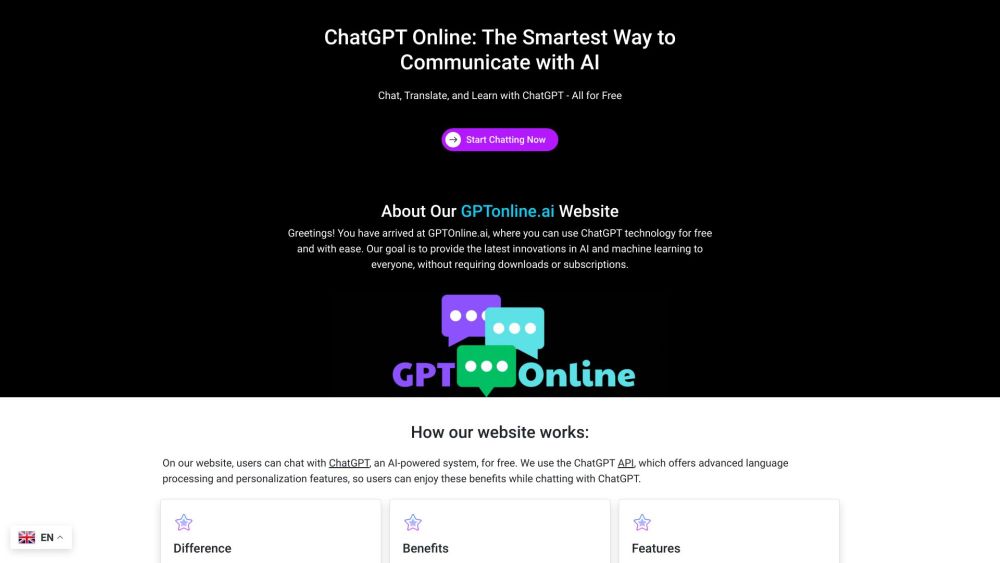Samsung Galaxy Ring Review: The Future of Wearable Technology
The Samsung Galaxy Ring has generated significant anticipation, marking the tech giant's entry into the smart ring market with substantial investment. In contrast to startups like Oura, Ringconn, and Ultrahuman, Samsung is poised to lead this emerging wearable technology trend. I was excited to try this discreet, stylish device.
Upon receiving the Galaxy Ring, I immediately charged it and paired it with my Oppo Find X5 Pro smartphone, installing the Samsung Health app in the process. Here are my impressions and insights after spending 24 hours with the Galaxy Ring.
Comfort and Style
The Galaxy Ring boasts a sleek, elegant design that is comfortable to wear. Unlike bulkier smartwatches, this ring offers a sense of freedom, especially during GPS workouts or daily activities where I can remove my watch without compromising health tracking. For formal occasions, the stylish ring allows for discreet health monitoring while sporting a classic analog watch.
When worn overnight, the Galaxy Ring fits well thanks to its moderate width and protective contour, ensuring it remains unobtrusive for long periods. Although my sample was size 11, slightly larger than my usual size 10, it held securely throughout the night. Impressively, the battery only dropped by 11% after a night of use.
Data Tracking and Insights
Each day, the Galaxy Ring syncs the previous day's data with the Samsung Health app, generating an energy score that evaluates various factors like sleep duration and activity level. Since it was my first night wearing the device, the energy score may not accurately reflect my overall experience.
After wearing it to a family barbecue, I checked the next morning and found the ring accurately recorded my wake-up time at 4 a.m. Although my overall sleep score was a solid 95, the energy score was only 57, indicating a need for relaxation—likely due to an elevated heart rate from alcohol consumption.
Performance and Experience
Overall, the Galaxy Ring performs excellently. It pairs seamlessly with any Android phone that has the Samsung Health app, not just Samsung devices. During my initial testing, I encountered no functional issues. While it may not offer as many features as the Oura Ring, its personalized suggestions and accurate sleep stage detection make the Galaxy Ring a highly appealing option.
Despite its $399 price tag, it has received a warm market response, swiftly selling out during pre-orders. Even those unfamiliar with smart rings are drawn to its offerings. I will be conducting further tests in the coming days, so stay tuned for my in-depth review.
Conclusion
The Samsung Galaxy Ring represents a significant step forward in modern wearable technology. With its blend of comfort, design, and robust data monitoring capabilities, the Galaxy Ring positions itself as a frontrunner in the future of wearable devices.




